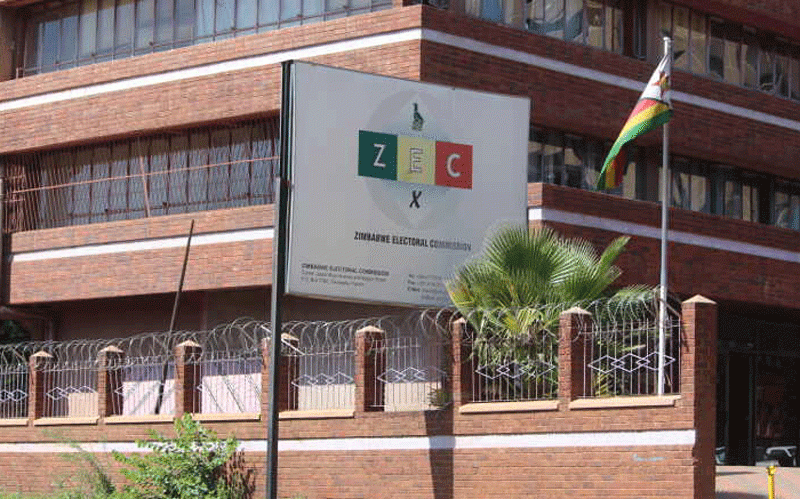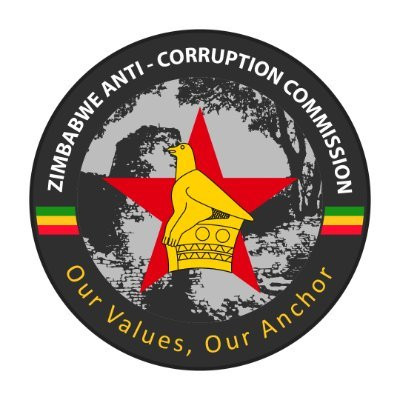
LEGAL think-tank Veritas has criticised the Zimbabwe Electoral Commission (Zec) for seeking the parent ministry’s approval of regulations, arguing that this undermines the commission’s independence.
Concerns of political meddling in Zec’s affairs have often been raised by stakeholders who include voters, with allegations that Zanu PF influences the commission’s decisions.
“It should not have to get the minister’s approval of regulations. It should be independent in its decisions,” Veritas said in its latest report on Electoral Amendment Act recommendations.
“The commission should be able to issue codes of conduct for traditional leaders, public officers and media personnel during elections.”
Veritas said Zec should be shielded from political interference to foster transparency and credibility in holding elections.
“Zec should be more transparent in all its activities, for example, on its meetings and decisions. It should publish an electoral calendar and should be able to postpone elections when necessary as we are heading towards 2028,” Veritas said.
Zec’s independence has been a contentious issue, with past incidents highlighting the challenges faced by the electoral body in maintaining impartiality.
Zec chairperson Priscilla Chigumba once said the electoral management body’s recommendations on the amendment of the Electoral Act to ensure the holding of credible polls were rejected by the ruling Zanu PF party.
- Corruption Watch: Get scared, 2023 is coming
- Corruption Watch: Get scared, 2023 is coming
- Letters: Ensuring Africa’s food security through availability of quality seeds
- Is military's involvement in politics compatible with democracy?
Keep Reading
For years, Zimbabwe’s election results have been disputed with Zec finding itself thrust in the centre of the disputes.
President Emmerson Mnangagwa promised to improve the way elections are held, but the opposition continues to accuse the Zanu PF government of manipulating Zec.
After the 2018 elections, observer missions called for the alignment of the Electoral Act to the Constitution, among other recommendations.










